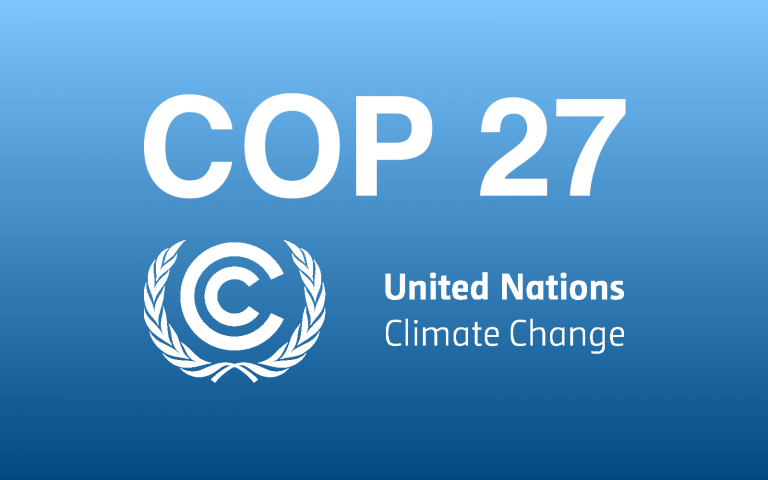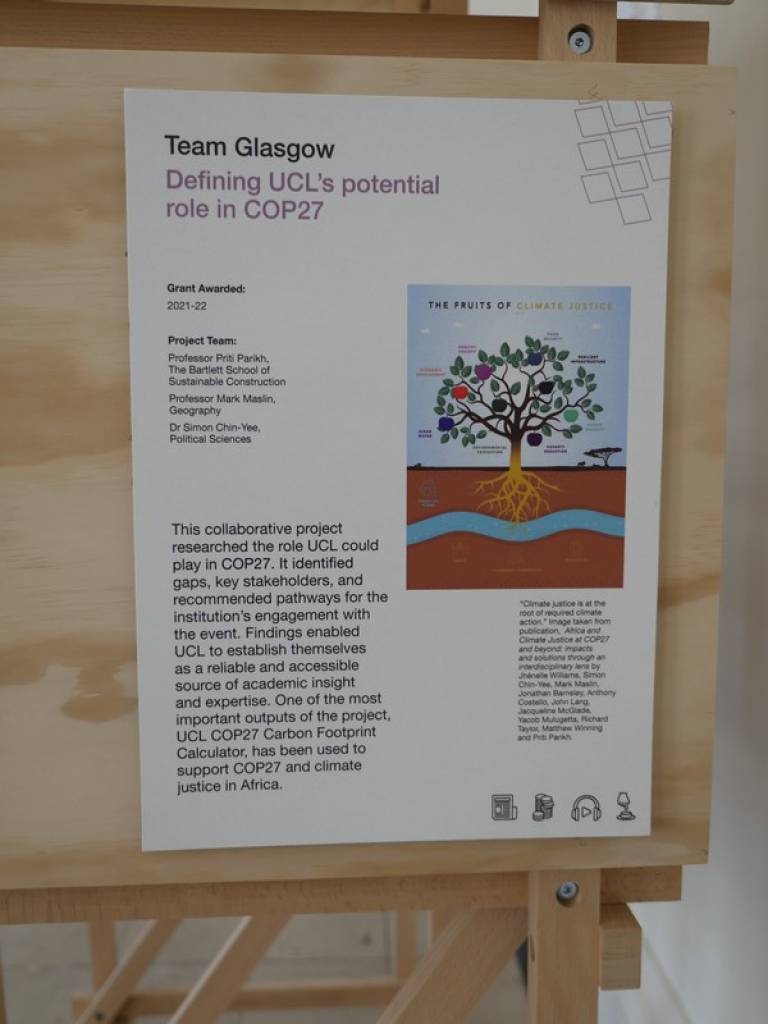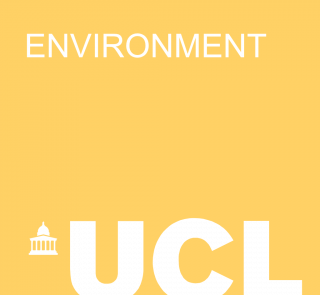UCL Team Glasgow - Post COP26 Moving Towards COP27 with a Low Carbon Footprint
Developing a carbon footprint calculator for travel to COP27.

1 September 2021
The carefully selected UCL COP26 Team Glasgow included interdisciplinary experts from geography, environmental sciences, health, arts, engineering, social science and economics who as a collective amplified UCL achievements and knowledge base. They also developed a large number of new contacts both to help boost individuals research agenda and build greater links to UCL. Members of Team Glasgow were also included in the negotiations and all members engaged widely with the media - providing UCL with unprecedented coverage.
Building on the success and momentum, this project researched the science agenda and the role UCL can play in COP27. It identified gaps, key stakeholders and recommended pathways for moving forward in engaging with the COP27 process. This has enabled UCL to position our climate experts with media well in advance, engage with academia, general public, funders and establish UCL as a reliable and accessible source of academic insight and expertise in COP27.
The project team submitted a synthesis paper with interdisciplinary experts to UCL Open Environment's special series focusing on responses to climate change led by, non-traditional ‘research’ communities. The position paper fed into UCL media plans for engagement pre COP27.
The project also examined travel solutions to get UCL participants to COP27 with the lowest possible carbon footprint to demonstrate the value of individual and collective action for climate change. To do so, the team devised The UCL COP27 Carbon Footprint Calculator.
The COP27 carbon footprint calculator allows users to:
- Assess the benefits of road and rail vs a direct flight to Sharm El-Sheikh.
- Calculate a carbon footprint in kgCO2-e for their chosen route and transport.
- Consider just offsetting projects aligned with the UN’s sustainable development goals.

The Team Glasgow project exhibition panel at the Grand Challenges, Grand Impacts exhibition, 2023
 Close
Close



